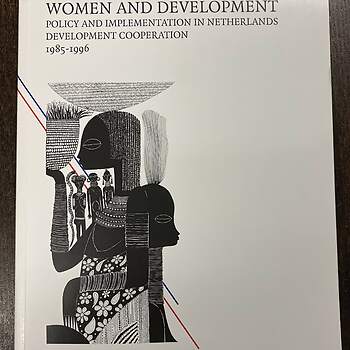In 1990, the theme of women and development became designated as a policy priority and focused on women's autonomy. Its four dimensions included economic independence, strengthening of women's social-cultural position, increasing political and social participation, and physical autonomy.
The establishment of a Local Women's Fund enabled a wide range of small-scale activities directly benefitting women and women's organisations.
To support policy implementation a number of instruments were developed, including checklists, sector papers, a development test and targets. The Development Assistance Committee (DAC) of the Organization of Economic Co-operation and Development (OECD) issued the DAC-WID criteria, which were also used by the Netherlands. The instruments were mainly aimed at the preparatory phase of projects and programs. The evaluators noted the limited attention given to the capacity on women and development in partner organizations. Serious constraints to integrate women and development policy priorities during implementation were common.
The Local Women Fund played an important role in local discussions about the role of women in society. Disbursed amounts were small, but of tremendous importance for the receivers. The Fund was effective, efficient and generally one of the few funding sources available, underscoring its importance.
Women and development criteria were not part of the macro-economic support procedure until 1995.
The number of women involved in the target group of Dutch bilateral cooperation projects increased between 1985 and 1996. The findings differed per country.
Sources
Vrouwen en Ontwikkeling Beleid en uitvoering in de Nederlandse ontwikkelingssamenwerking 1985–1996
